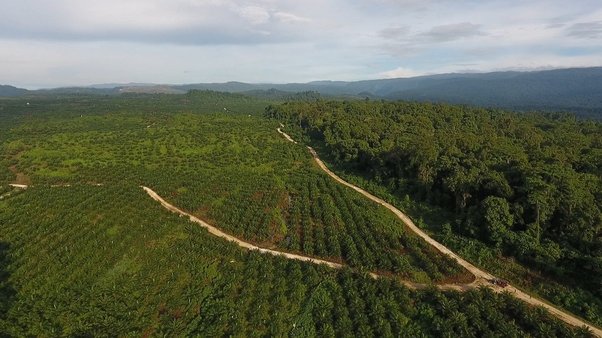Almost 10 years ago, a group of environmental risk experts analysed London’s exposure to the flash flooding caused by heavy rainfall after a prolonged dry spell, a devastating phenomenon experienced in cities across Europe this summer.
They found five landmark sites in London at serious risk from such flooding: King’s Cross Station, Westfield White City, the Portland Hospital, the Royal Albert Hall and the headquarters of the Bank of England on Threadneedle Street.
Undeterred, dozens of "academics, practitioners and policymakers" will gather this week at Threadneedle Street to discuss the banking sector’s approach to "climate-related financial risk," doubtless with the more recent extreme weather events of this summer fresh in their minds.
The two-day "Climate and Capital Conference", convened by the Bank of England and Prudential Regulation Authority, will examine a range of technical questions such as how climate risks will affect the future regulatory regime for banks, and the time horizon over which any adjustments must be made.
Ultimately, the challenge – as the organisers and participants see it – is how best to shore up the resilience of the banking system, and its individual players, against the floods, drought, extreme heat, wildfires and other climate-related shocks hitting the world with increasing force and frequency every year.

But as well as considering how to cope with climate changes that is already with us (known in climate speak as "adaptation"), it is important they consider what their own role is in limiting future climate change (known as "mitigation").
In other words, what they are doing to ensure we stick within that critical 1.5°C benchmark of global warming beyond which the impacts on life, livelihoods and ecosystems are expected to be devastating.
And when asking themselves about any finance-related climate risks for which they are directly responsible, they could do worse than consider their impact on the world’s climate critical forests.
In our new report Bankrolling Deforestation, we show how the Bank of England, the US Federal Reserve and the European Central Bank all purchased bonds from corporations heavily linked to deforestation and human rights abuses in tropical forested countries like Brazil and Indonesia.
Specifically, the US Fed bought a combined total of $16m of bonds issued by the Archer-Daniels-Midland Company, Bunge Ltd Finance Corp, and Cargill, Inc. from 2020 onwards – all companies accused of involvement in environmentally destructive activity in climate-critical forests.
Meanwhile, in Europe, the ECB purchased an undisclosed amount of debt issued by Bunge Finance Europe BV, and the Bank of England purchased an undisclosed share in a £150 million corporate bond issued by Cargill, Inc.
Detailed allegations against these companies – and their responses – can be found in Bankrolling Deforestation and previous Global Witness reports such as Seeds of Conflict and Trading Risks, as well as numerous reports from other organisations.

Of course, in the context of the vast asset purchase programmes undertaken by all three central banks in recent years – market interventions spurred by global economic crises like that driven by Covid – the purchase of these particular bonds will barely have registered.
And perhaps that would be their explanation as to why no one involved in buying the bonds stopped to think about where the money would go, and how it would be used.
That may also be the calculation that Cargill, Bunge, ADM and all the other corporations frequently linked to deforestation rely on, namely that investors and customers are too concerned with their own bottom line to worry about how such big corporations are managing theirs.
But surely the Bank of England and their US and European counterparts have to hold themselves to a higher standard than the other businesses complicit in financing deforestation, and indeed set a better example for those others to follow.
After all, if those central banks are going to host events designed to focus attention on the risks to the banking system caused by climate change, they cannot continue to ignore the evidence that their own investments have helped to fuel those risks.
Ahead of this week’s conference, our message to the Bank of England would therefore be simple: don’t just preach to your invited guests about the need to take climate change seriously, but take those lessons on board yourselves, and make a commitment to avoid purchasing deforestation linked bonds in future.
Yes, the financial system must be equipped to cope with flash floods in Threadneedle Street and beyond, but its key players, including the Bank of England and other central banks, must also recognise the responsibility and power that they have now to stop such extreme weather spiralling out of control.
It is not too late, but they cannot wait until the water is lapping at their own feet.

